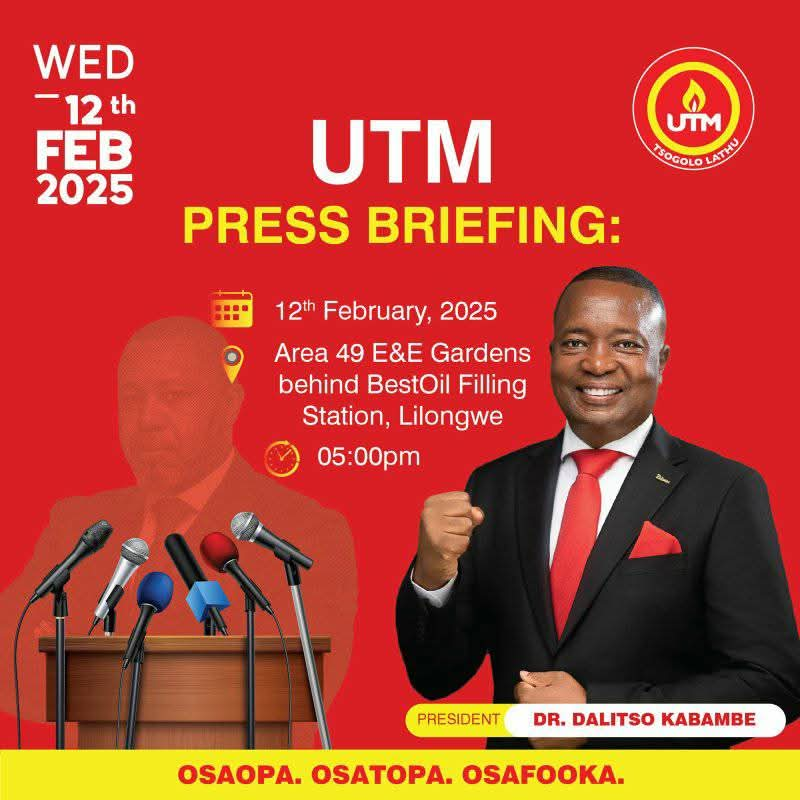By Burnett Munthali
In the recently tallied results from Mzuzu North Constituency, Arthur Peter Mutharika of the DPP emerged as the clear frontrunner with 7,310 votes.
Following closely is Lazarus Chakwera of the MCP, who garnered 4,692 votes, signaling a strong showing from the ruling party even in this northern constituency.
Third place was claimed by Dalitso Kabambe of the UTM, with 3,932 votes, demonstrating that the UTM also maintains a significant support base in the region.
Other candidates recorded far fewer votes, with Joyce Banda of the PP receiving 410 votes, and Usi Michael Bizwick of Odya Zake collecting 237 votes.
The remaining candidates, including Atupele Muluzi (UDF) and several independents, collectively captured marginal votes ranging from single digits to just over a hundred.
Mutharika Leads in Latest Pre-Election Survey
These results underscore a few important regional trends.
Firstly, the DPP’s dominance in Mzuzu North indicates the party’s ability to appeal to voters outside its traditional southern strongholds, consolidating support in the northern region.
Secondly, MCP maintains a loyal voter base, highlighting the competitive nature of the northern constituencies and the importance of targeted campaigning.
Thirdly, the UTM’s strong performance suggests that new political formations can still make significant inroads, potentially shaping future alliances and regional strategies.
The wide gap between the top three candidates and the rest illustrates the challenges smaller parties and independent candidates face in gaining traction in northern Malawi.
Analysts note that these results may influence resource allocation and campaign focus for upcoming elections, as parties aim to strengthen their foothold in key constituencies like Mzuzu North.
Overall, Mzuzu North reflects the evolving political landscape in Malawi’s northern region, with voter preferences indicating both continuity and emerging competition among major political parties.



